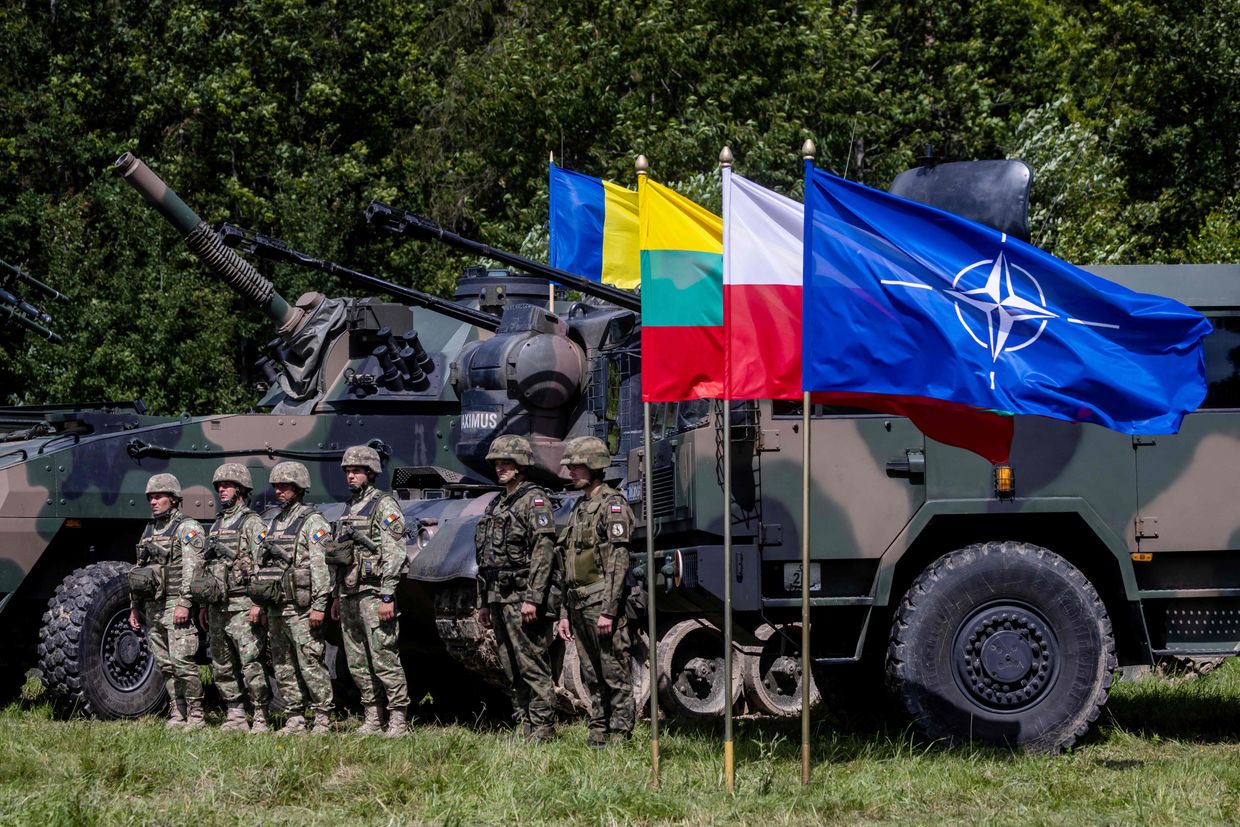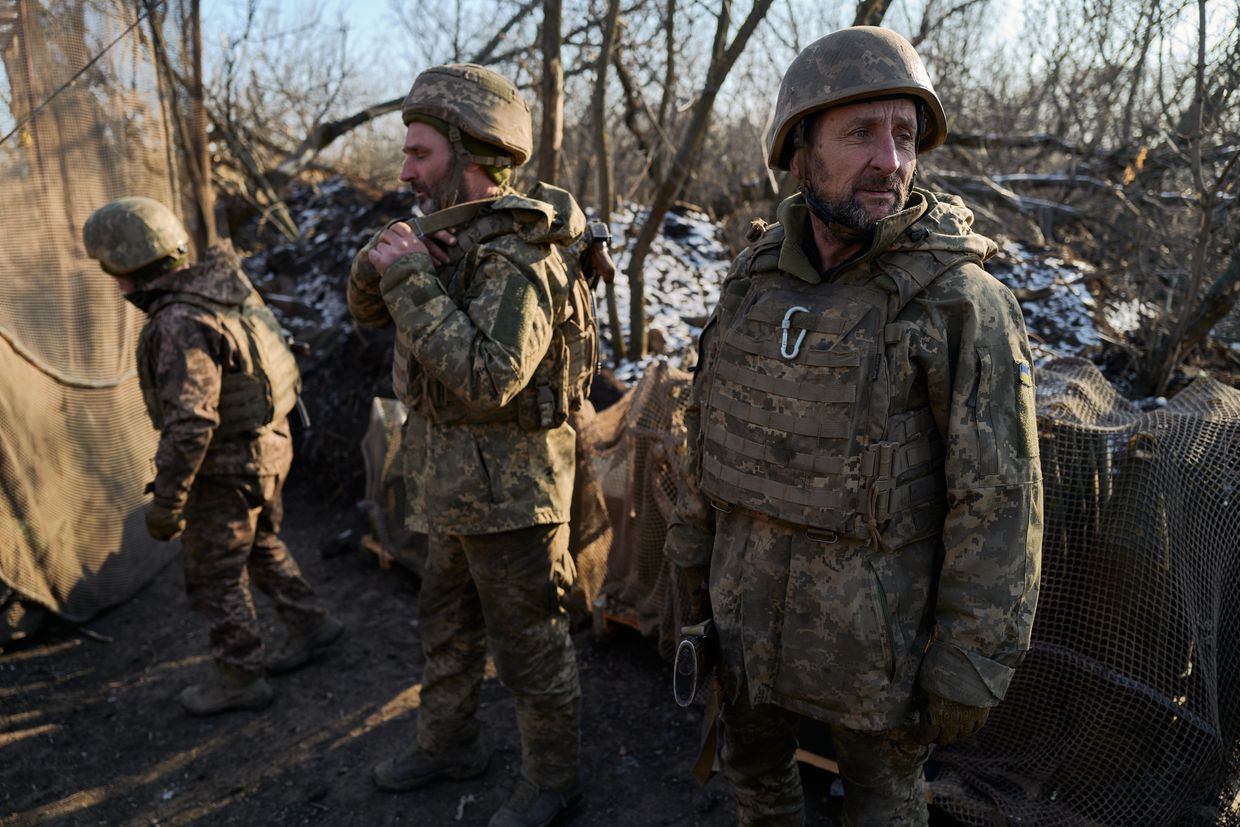Editor’s Note: This op-ed was first published by the Ukrainian NGO Civil Network OPORA as an open statement, which garnered nearly 300 signatures at the time it was published by the Kyiv Independent.
Democracy during wartime must be protected even more than in peacetime, as the consequences of mistakes or a loss of trust are far too high. Our partners and allies must ensure that elections in Ukraine result in a genuine expression of the nation's will. International standards for peaceful and post-conflict elections are the same, and there is no measure of democracy other than the true access of citizens to govern their state through their representatives, legally elected in free, fair elections by secret ballot — without intimidation or threats.
Russia’s unprovoked aggression against a sovereign state makes holding presidential and parliamentary elections in Ukraine impossible. Russia is not a democracy: there is no real opposition, independent media, or political pluralism. In contrast, there is strong consensus in Ukraine on the need for elections no earlier than six months after martial law ends, supported by the government, opposition, and society. The legitimacy of Ukraine’s government is an exclusive prerogative of the Ukrainian people.
"Russia’s unprovoked aggression against a sovereign state makes holding presidential and parliamentary elections in Ukraine impossible."
Any peace process must account for Ukraine's voice and include a logical sequence of democratic steps for elections. First, a sustainable ceasefire with security guarantees from allied countries. Second, the proper preparation for elections and restoration of relevant infrastructure. And third, holding elections after sustainable peace is achieved, martial law is lifted, and the war is settled internationally.
Holding elections within the next six months is not aligned with security realities, the political and economic situation, or public sentiment in Ukraine. As of February 2024, 69% of Ukrainians believed Ukrainian President Volodymyr Zelensky should remain in office until the end of martial law without holding elections. This reflects unity in society and respect for the military, which is currently defending Ukraine and cannot fully participate in the political process.
From the perspective of Ukraine's Constitution and legislation, holding elections during martial law is prohibited, and the authorities continue to exercise their powers legitimately.
A significant challenge to holding elections in Ukraine without sustainable peace is the lack of legal mechanisms for organizing them and ensuring voter participation. These mechanisms must account for the consequences of Russian aggression. In addition to creating the necessary legal framework for post-war elections, Ukraine must ensure millions of citizens, including those who have fled abroad, internally displaced people, and military personnel, can vote.
To properly hold elections, democratic conditions must be established, including the free activity of the media, political parties, and civil society organizations, as well as parliamentary consensus on election rules. This requires additional time to transition from martial law to the election period.
Elections are not only about expressing political will — they involve preparation and organization. Equally important are tasks critical in a post-war environment: election commissions, secure voting facilities, cyber-attack-proof information systems, and ensuring transparency and security.
The unstable security situation, threats of shelling, terrorist acts, sabotage, landmines, and unexploded ordnance present substantial obstacles at every stage of the electoral process. From ballot delivery to proper election observation, free campaigning, and potential voter turnout due to security threats, the principles of equal and universal suffrage could be jeopardized. Holding elections where candidates and voters face missile and drone threats violates human rights principles.
The greatest challenge to electoral democracy in Ukraine is interference from Russia, which will use any means possible: from cyberattacks to direct voter bribery, spreading disinformation to dividing society, and discrediting candidates deemed unacceptable by Russian authorities. Ukraine — both its government and society — must prepare for such interference to protect its sovereignty, democracy, and freedom, which are being defended on the battlefield. This preparation requires sufficient time, an independent risk audit, and a strengthened mechanism to counter illegal election interference.
Elections in Ukraine must take place, but only after the war ends, sustainable peace is achieved, and conditions are set to ensure free, fair, democratic, and accessible elections. Ukraine has never refused to hold elections, but organizing them requires time, resources, and careful planning — not demands.
We sincerely urge the leaders of the free world to prioritize guaranteeing security for Ukraine and preparing for the first post-war elections. This will ensure they are held as soon as possible and in line with international standards.
Editor’s Note: The opinions expressed in the op-ed section are those of the authors and do not purport to reflect the views of the Kyiv Independent.
















